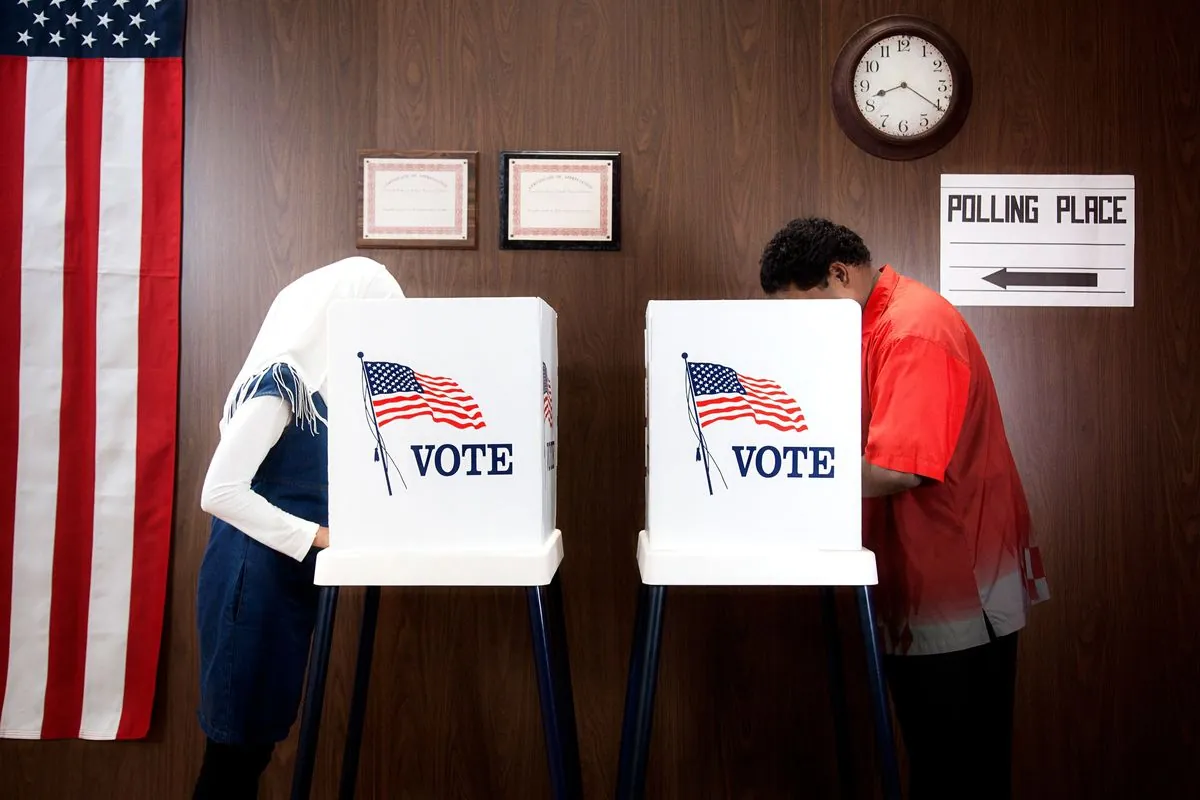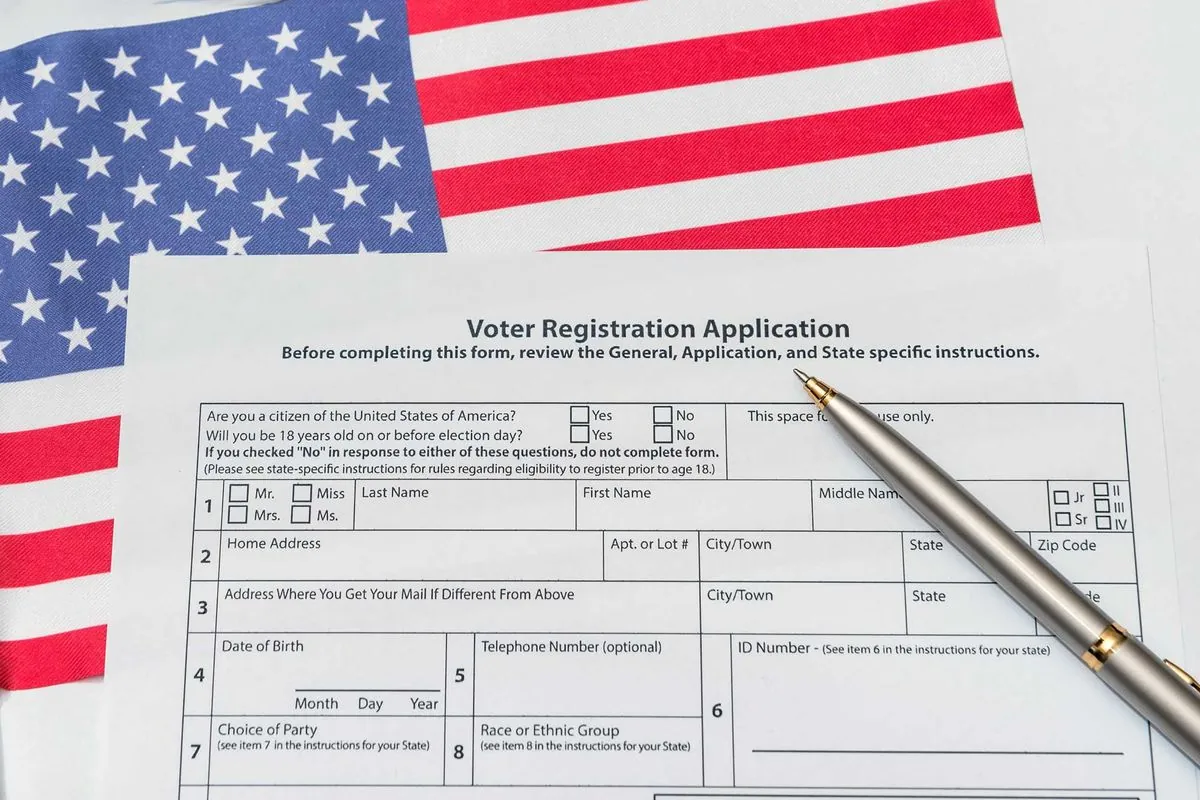U.S. Citizenship and Voting Rights: A Complex Issue in 2024 Election
As the 2024 U.S. election approaches, the topic of noncitizen voting gains attention. Republicans implement measures to prevent it, while Democrats argue these steps are unnecessary and potentially harmful.

As the United States prepares for its 2024 presidential election, the issue of noncitizen voting has become a focal point of political discourse. While federal law has prohibited noncitizens from voting in national elections since 1996, recent immigration trends have prompted renewed scrutiny of voter eligibility.
Republicans across the country have initiated various measures to prevent noncitizen voting, citing concerns about the integrity of the electoral process. These actions include reviewing voter rolls, issuing executive orders, and proposing constitutional amendments. Conversely, Democrats argue that these efforts are unnecessary and may create obstacles for legitimate voters.

The legal landscape surrounding voting rights in the United States is complex and evolving. The 26th Amendment, ratified in 1971, lowered the voting age to 18, while the Voting Rights Act of 1965 prohibited racial discrimination in voting. More recently, the National Voter Registration Act of 1993 aimed to simplify the registration process for all Americans.
Data on noncitizen voting incidents remains limited. In Texas, Governor Greg Abbott reported that over 6,500 potential noncitizens were removed from voter rolls since 2021. Ohio's Secretary of State Frank LaRose identified 138 apparent noncitizens who voted in a recent election. These numbers, while concerning to some, represent a small fraction of the millions of registered voters in these states.
The judicial system has played a significant role in shaping voting policies. In 2013, the U.S. Supreme Court ruled that Arizona could not require documentary proof of citizenship for federal elections. This decision led to the creation of a two-tier voting system in the state, distinguishing between state and federal election requirements.
Several states have taken proactive measures to address the issue. In Louisiana, Governor Jeff Landry signed an executive order requiring voter registration forms to include a disclaimer about noncitizen voting prohibition. Georgia's Secretary of State Brad Raffensperger mandated the posting of warning signs at polling places.
"We all know, intuitively, that a lot of illegals are voting in federal elections, but it's not been something that is easily provable."
At the federal level, the Safeguard American Voter Eligibility Act, which would require proof of citizenship to register to vote, passed the House in July 2024 but faces opposition in the Senate. The Biden administration has expressed strong disapproval, arguing that existing laws are sufficient and that the proposed legislation could hinder eligible voters.
As the debate continues, it's crucial to note that the U.S. electoral system is decentralized, with states maintaining significant control over their voting procedures. The Electoral College system, unique to presidential elections, adds another layer of complexity to the voting process.
While the issue of noncitizen voting remains contentious, it's important to recognize that voter participation in U.S. presidential elections typically ranges from 50% to 60% of eligible voters. As the 2024 election approaches, ensuring both the integrity of the voting process and the protection of citizens' voting rights will undoubtedly remain at the forefront of political discussions.


































